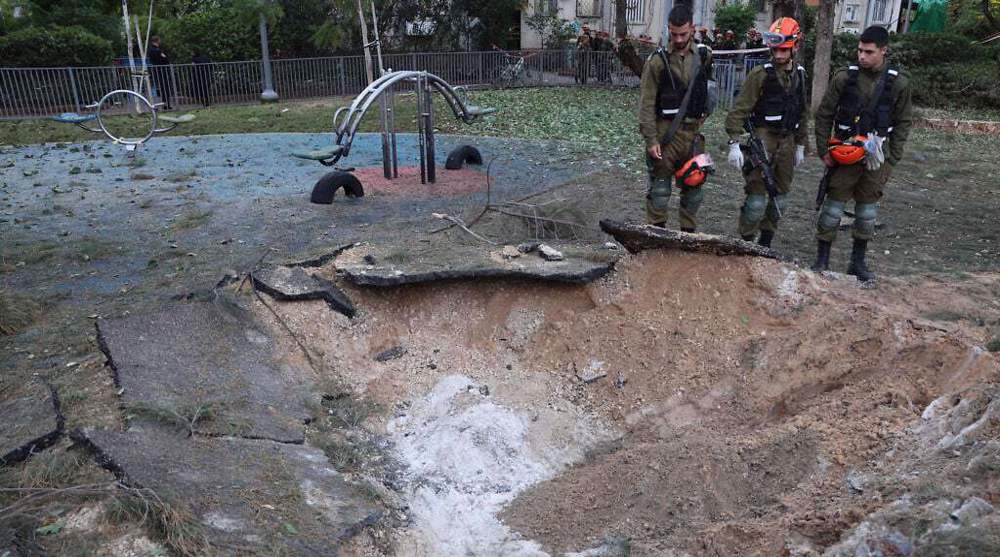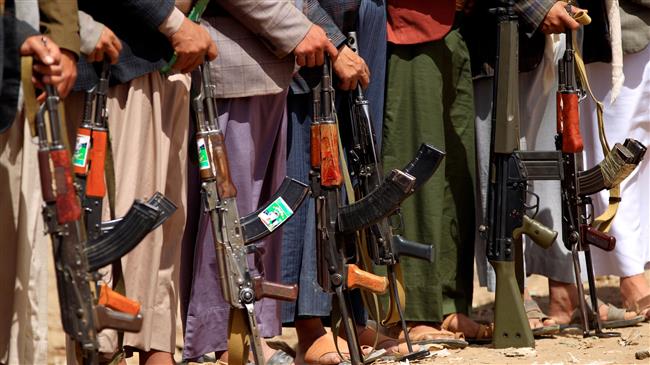Yemen sees jump in suspected cholera cases in 2019: UN
The deadly campaign led by the regime in Riyadh against Yemen has in effect exacerbated a health crisis in the impoverished country. The United Nations has announced a rise in suspected cases of cholera since January.
The UN office for humanitarian affairs (OCHA) said on Monday that 108,889 cases were reported between January 1 and March 17, including 190 related deaths.
The OCHA said children under five years of age account for nearly a third of the reported cases.
According to the report, the increase was concentrated in six provinces, including Hudaydah and Sana’a.
Airstrikes conducted by warplanes of the Saudi regime and some of its allies in the coalition against Yemen have brought about considerable damage to Yemen's infrastructure.
The OCHA said the recent spike in suspected cholera cases could be blamed on early rains and a lack of maintenance of sewage systems.
"The situation is exacerbated by poor maintenance of sewage disposal systems in many of the affected districts, the use of contaminated water for irrigation, and population movements."
Cholera infection first became epidemic in Yemen in October 2016 and spread until December the same year, when it dwindled.
The second outbreak began in the country in April 2017, the worst cholera outbreak in Yemen’s modern history. More than 2,500 people died of the infection within an eight-month period that year.
Cholera is an acute diarrheal infection that is spread through contaminated food or water. It can be effectively treated with the immediate replacement of lost fluids and salts, but without treatment it can be fatal.
Saudi Arabia and a number of its regional allies launched the devastating campaign in March 2015, with the aim of bringing a former government to power and crushing the Houthi Ansarullah movement. Riyadh has failed to fulfill its objectives.
China slams US as ‘war-addicted’ threat to global security
China ‘firmly opposes’ US military aid to Taiwan
VIDEO | Press TV's News Headlines
President Yoon Suk Yeol to be removed from office
At least 19 Gazans killed by Israeli airstrikes since dawn: Medics
Leader: Iran neither has nor needs proxy forces
US fighter aircraft shot down ‘in friendly fire’ amid aggression on Yemen
Yemeni FM: Israel’s sponsors accountable for ongoing aggression on Sana’a
















 This makes it easy to access the Press TV website
This makes it easy to access the Press TV website